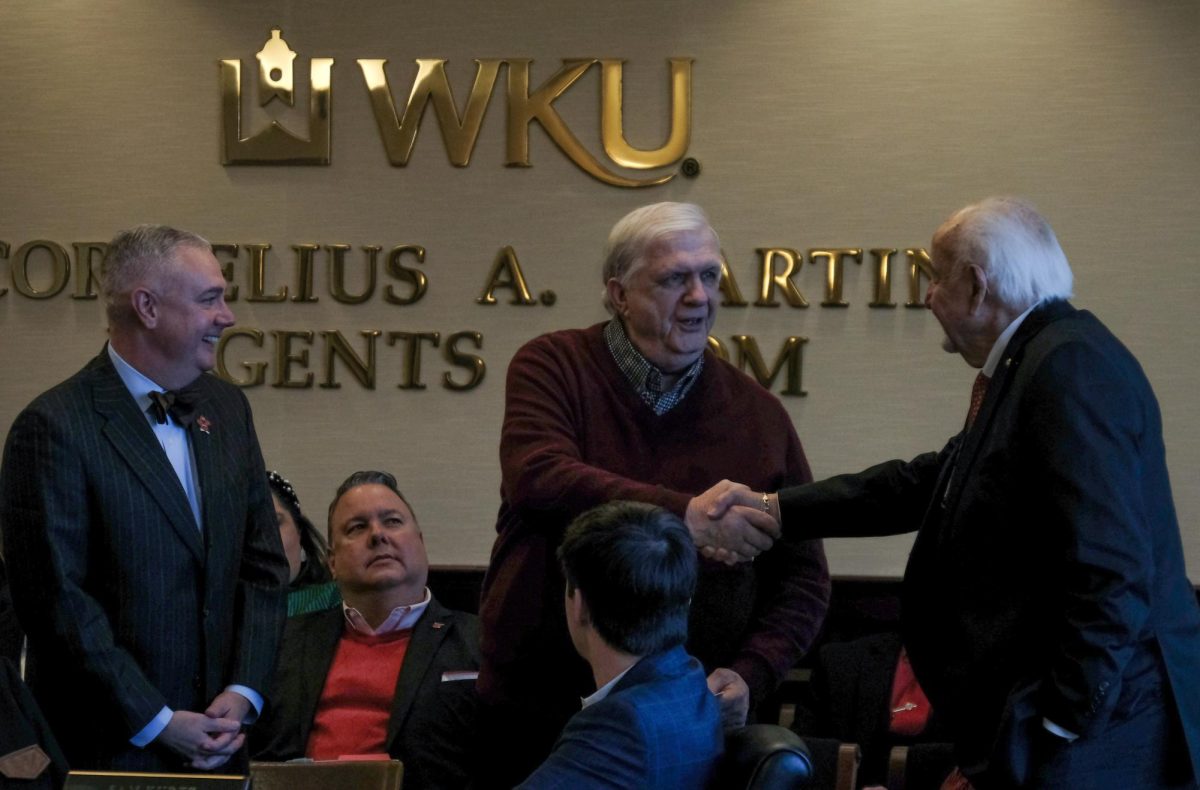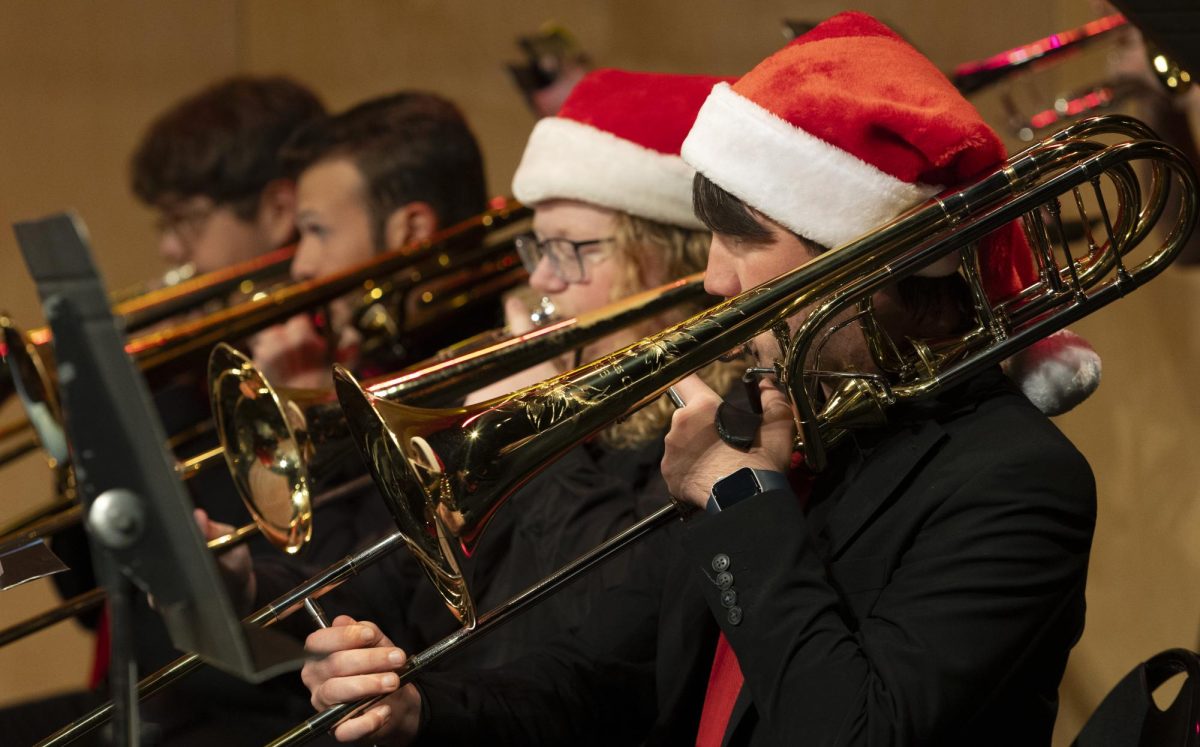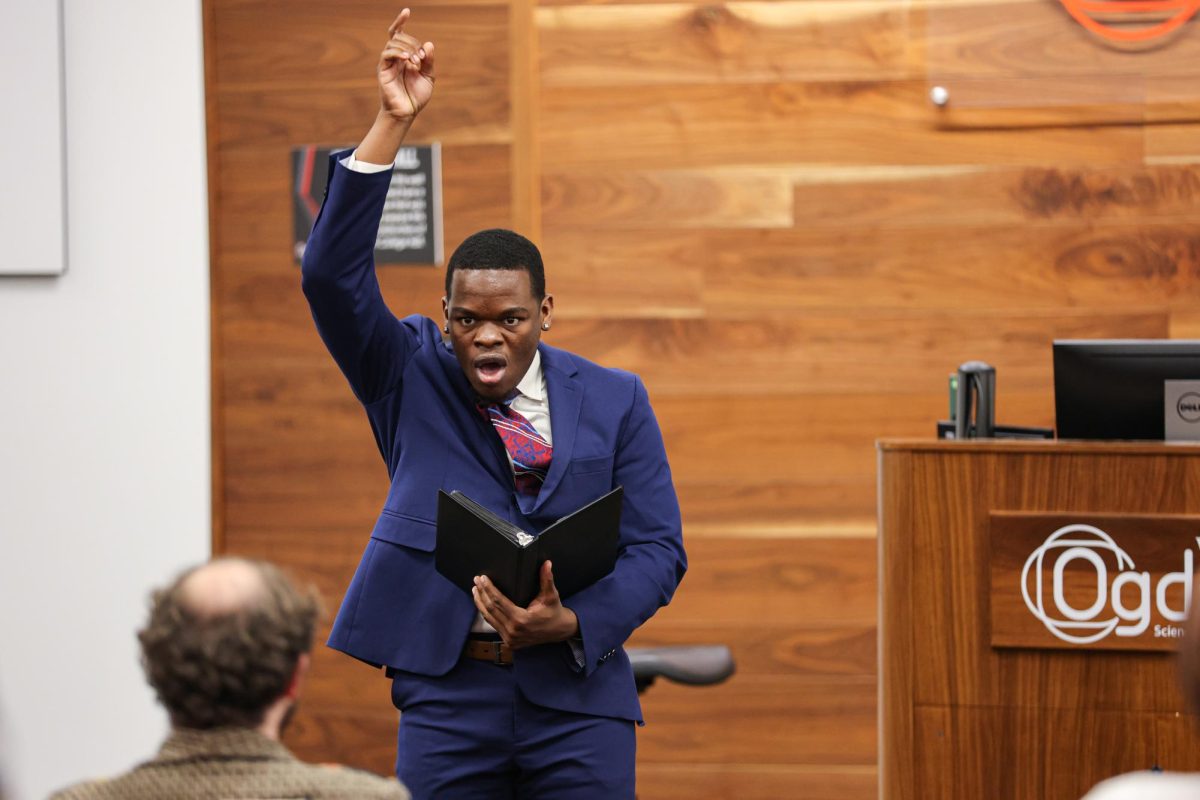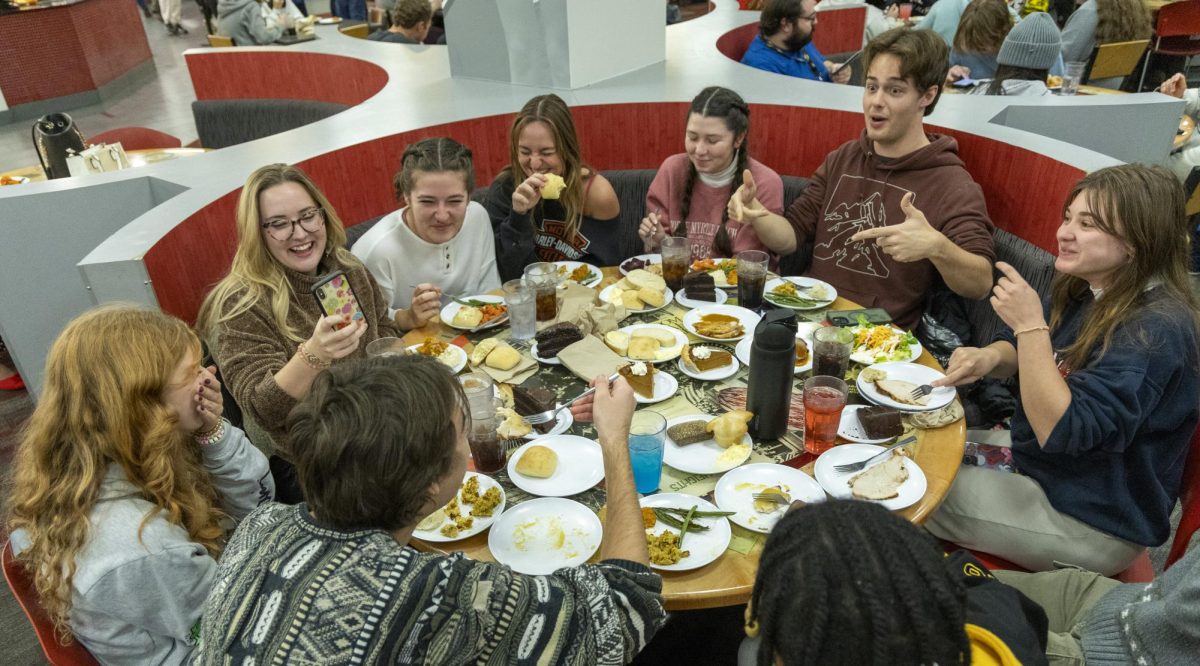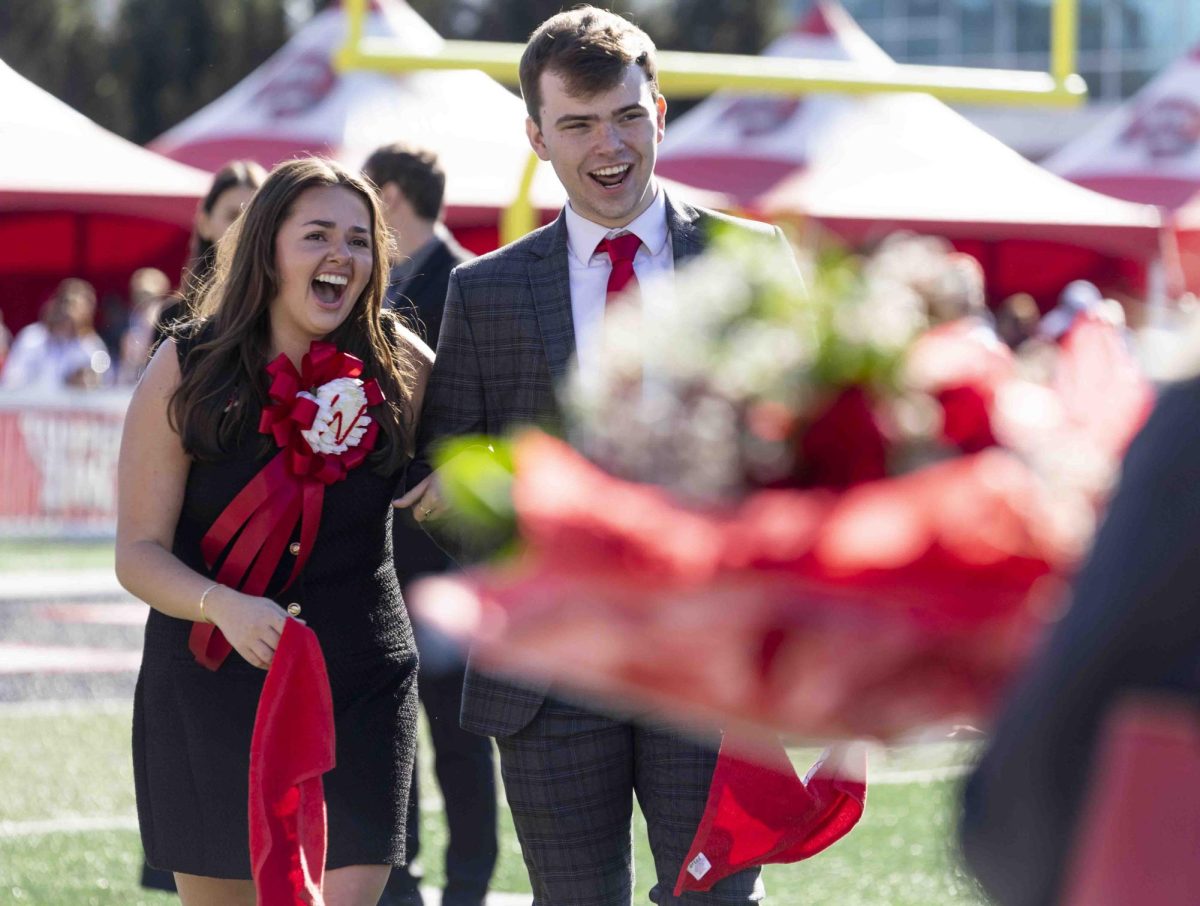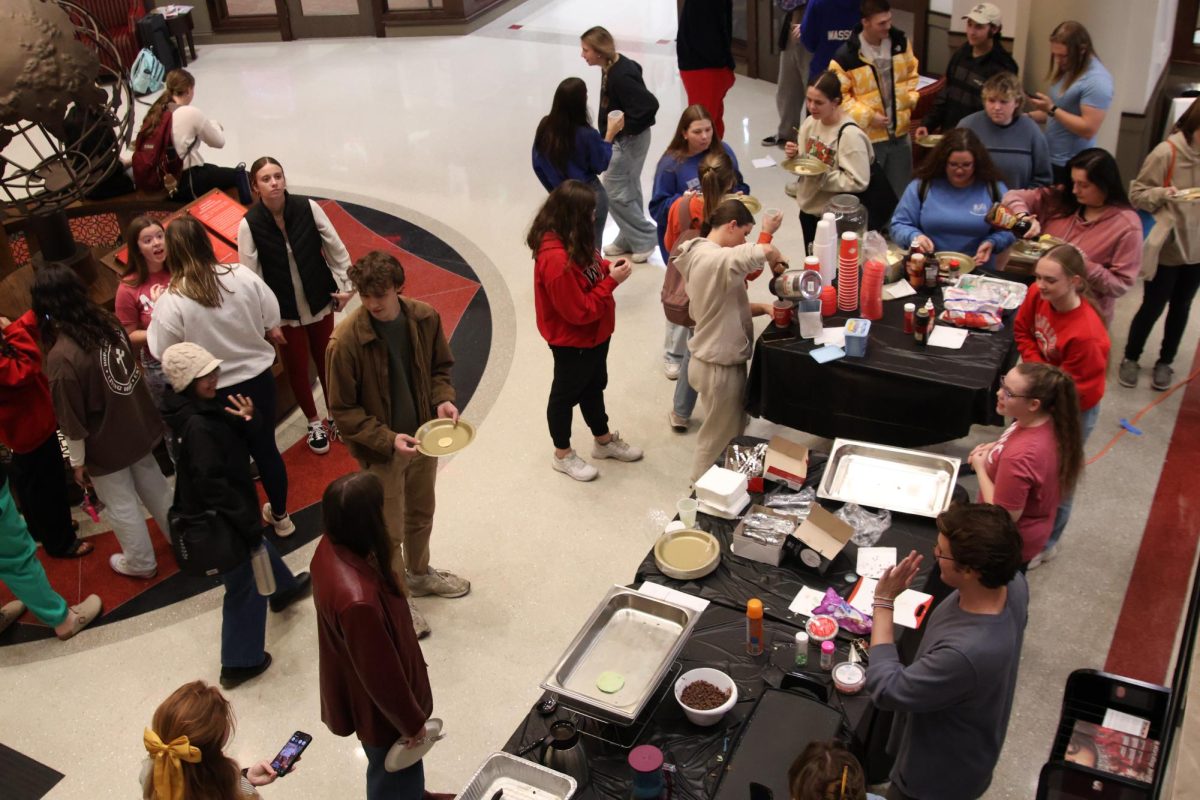All WKU students can take part in the 26th Gender and Women’s Studies writing contest by submitting their poetry, fiction or creative non-fiction.
Reflective pieces of up to 750 words that explore feminist themes and issues and can be either emailed to Dale Rigby at [email protected] or brought to his office at Cherry Hall 110A.
The deadline is at 4 p.m. on March 22.
In addition to their work, participants need to submit an accompanying cover sheet with their name, WKU ID number, local and email addresses, graduate status and their piece’s name and genre.
Rigby said he has been involved with the Gender and Women’s Studies writing contest for over 20 years.
“I absolutely love it,” he said. “We have a lot of creative writing competitions [for students in the department], but this one draws from across the university and is open to everyone.”
In the future, Rigby said he hopes the department receives financial support to publish a collection of winning entries from over the years.
Rigby said two judges will select several winners among undergraduate and graduate students, who will then be recognized during the annual awards ceremony held by the department of English in late April.
One of the judges, Katherine Nezelek, has participated in the contest twice and has won both times.
“For my first year, my short story was like five or six pages long. It took a lot of revision to cut it into 750 words, and cross my fingers and hope it makes sense,” Nezelek said. “I’m not a short form girl, so it was fun and challenging for me as a writer to have those limitations on myself.”
Currently, Nezelek is completing the last semester of her master of fine arts program in creative writing. She said writing contests like this one are important because they help create a community, give writers a chance to showcase their work and challenge themselves.
“Writing is like such a lonely endeavor, right? You have to do it alone and your reader has to read it alone – experience it alone,” Nezelek said. “I think that anything that helps you foster a community, supports voices and encourages people to share their work is essential.”
Her second winning piece titled “A Flagstaff Embrace” is a creative nonfiction brevity about “the queer experience being a very lonely and kind of alienating experience.”
“In order to be queer, you kind of have to either transgress the binary or exist outside of a binary, and it’s just kind of a weird place to be identity-wise,” she said.
Nezelek was on a swimming training trip during her undergraduate studies, when she and her teammate – “both queer and closeted at the time,” she said – ran into “a really drunk guy” in a parking lot, who was talking about “how he was able to be out and queer in Paris and how painful it was to have to come back to the US and be back in the closet.”
One of the workshops that Nezelek was participating in last year called her to “take two seemingly unrelated things and find some kind of connection between them.”
At the same time, she said she had found out about the Triassic Embrace. She said paleontologists uncovered a fatally wounded creature that crawled inside another creature’s burrow and curled up with it right before a flash flood hit, fossilizing both of them.
“I was playing with binaries and using this weirdness of those species – them finding a community – and drawing a connection between this and the surreal experience that I had in that parking lot,” Nezelek said.
To this year’s contestants, Nezelek recommended choosing to have fun with their submissions and said that she will judge them on “how successfully and artistically a piece can convey feminist or gender and also how successful it is in its form.”
“For a poem, for example, is it successful in communicating those things, but is it also successful in being strategic with line breaks and its spacing,” she said.
News Reporter Mariia Novoselia can be reached at [email protected]



